As voiceover artists, we have all experienced that strange phase where our voice feels unfamiliar, leaving us questioning why we suddenly sound so off or even feel disconnected from our voice. In those moments, the frustration can be overwhelming and can sometimes lead to the difficult decision to decline projects because our vocal cords have decided to take an unplanned break. All these can be caused by Vocal Strain.
Vocal strain, also known as Muscle Tension Dysphonia(MTD), occurs when the muscles and vocal cords are injured as a result of overuse, thereby leading to discomfort, pain, or a change in voice quality. The symptoms include hoarseness, noticeable shift in the typical pitch of the voice, throat pain, reduced vocal range, and difficulty hitting notes. External factors that can cause vocal strain include smoking and dehydration. Some medications can also contribute to vocal strain by drying out or irritating the vocal cords.
How To Project Your Voice Without Straining
Voice projection involves using your diaphragm and proper techniques to amplify your voice naturally while maintaining clarity and minimizing strain. Your diaphragm plays a vital role in this process by controlling your breath and helping maintain a steady airflow, which is necessary for producing a strong and clear voice.
Yelling is often mistaken for projection; while they seem similar, they are fundamentally different. Yelling predominantly relies on force and throat muscles, which can lead to vocal strain and damage.
Proper breath control is key to projecting your voice. You should focus on breathing from your stomach and not your chest.
How To Prevent Vocal Strain During Long Recording Sessions
1) To prevent vocal strain during long recording sessions, focus on proper vocal techniques, hydration, and rest.
2) Take regular breaks in between recordings to rest your vocal cords.
3) Drink plenty of water during the session to keep your vocal cords lubricated.
4) Maintain good posture while recording.
5) Stand or sit with your spine straight and your shoulders relaxed.
6) Practice diaphragmatic breathing, which involves breathing from your stomach rather than your chest; this helps support your voice.
7) Be mindful of volume and intensity: avoid shouting or pushing your voice to its limit. Record at a comfortable level and gradually increase intensity if needed.
8) Avoid throat clearing as it can irritate or damage your vocal cords. If you feel the urge to clear your throat, try taking a sip of water instead.
9) Pay attention to any signs of vocal strain, such as hoarseness, pain, or difficulty speaking. If you experience any of these symptoms, stop recording and rest your voice.
Vocal Strain is a very difficult experience for a Voice Actor, and the best way to care for yourself is to support your voice with deep breaths from the stomach and not rely on your chest alone. Also, avoid using the extremes of your vocal range, such as screaming or whispering. Talking too loudly or too softly can stress your voice.
Lastly, make sure to always stay hydrated!
Remember, as a Voice Over Artist, your voice is your most prized Possession!
Written by: Rukayat Alabede.



